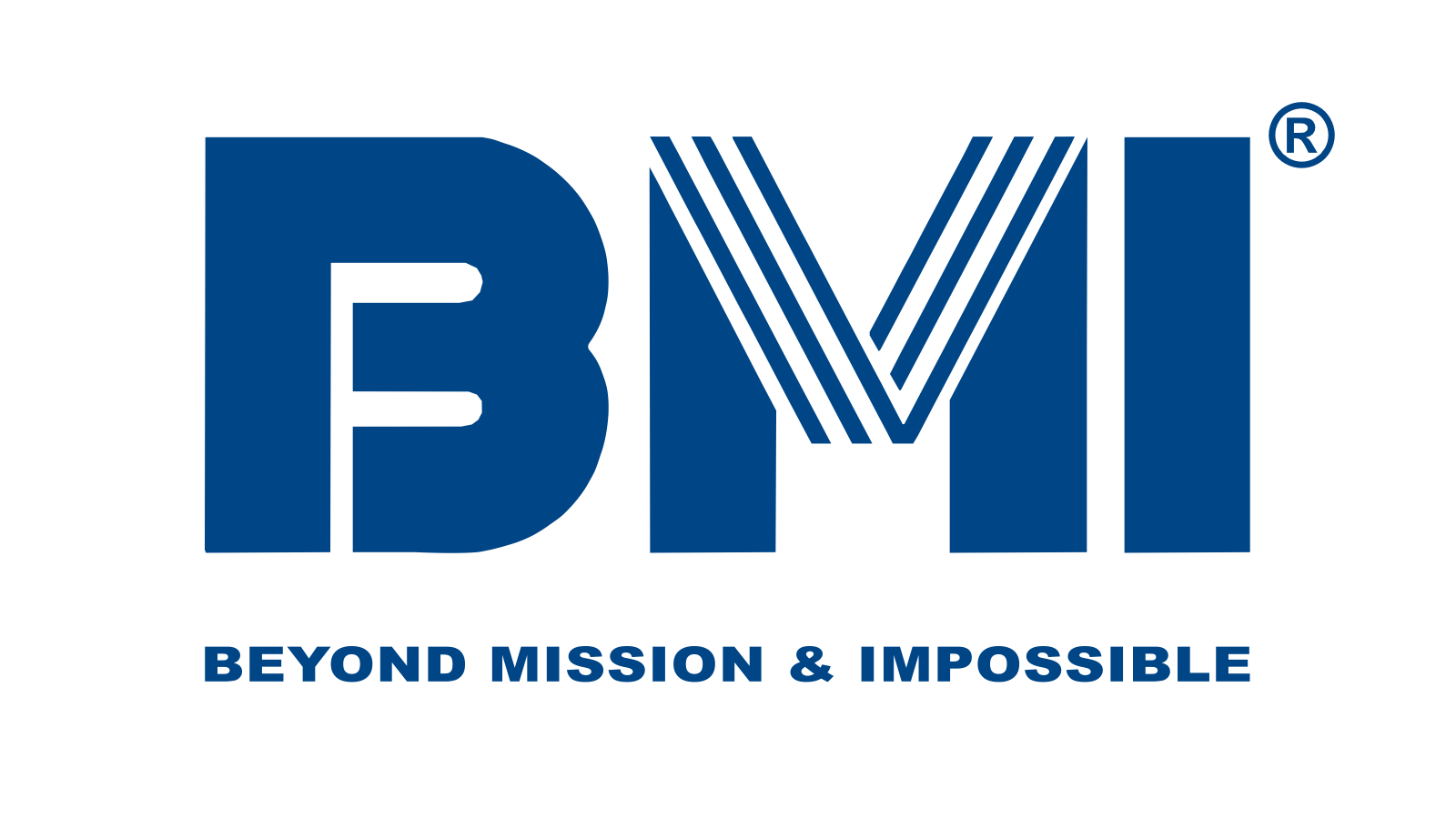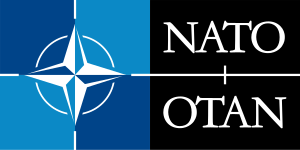
Avient Protective Materials “DSM”& BMI
For more than a decade, Avient has partnered with body armor manufacturing partners across the Asia-Pacific region to produce the next generation of lightweight, high-performing ballistic helmets. Like many of their Western counterparts, military and governmental agencies across the region are looking to increase protection levels while simultaneously reducing the weight of armor systems for military service personnel in high-risk environments.
In helmet applications, Dyneema® Force Multiplier Technology offers up to 25 percent weight reduction when compared to competitive materials, while still protecting against both legacy and emerging threats. Studies indicate that increased armor loads can negatively impact situational awareness and decrease soldier performance by reducing cognitive recognition, tactical performance and mobility. However, helmets made with Dyneema® offer enhanced protection without compromising on effectiveness by lowering the overall load on the wearer.
As the Business Development Manager for Avient’s Dyneema® product portfolio in Korea, I work with my customers and end-users throughout all stages of the product development life cycle– utilizing the full R&D capabilities of our Singapore Tech Center in APAC.
When the Republic of Korea (ROK) Special Warfare Command (SWC) in South Korea issued a tender in conjunction with the Defense Acquisition Program Administration, Avient worked directly with our partner, BMI, to develop a high-performing, lightweight ballistic helmet with Dyneema® that met all of the Korean military requirements – this included additional testing at NTS in the U.S. based on AR/PD 10-2 standards.
The new SWC helmet is part of the Korean military’s lightweight plan known as the Warrior Platform Project. BMI’s ballistic helmet solution, which utilizes Dyneema® Force Multiplier Technology, reduces weight by 20 percent while simultaneously increasing fragment protection by 25 percent when compared to the previous version of the SWC helmet.
The intrinsic performance characteristics of Dyneema® provide advanced ballistic stopping power without sacrificing user comfort or mobility. Coupled with the manufacturing expertise of BMI, supply availability and acceptable pricing, the ROK is now able to set-up a long-term procurement plan – together with BMI and Avient – for 4,200 units of their next generation SWC helmet.
As new and emerging threats require military agencies in the Asia-Pacific region to implement high-performing ballistic requirements, Avient has a broad product portfolio and application database to help design lightweight armor systems to protect those who protect us.
Are you interested in learning more? If so, please contact me directly.
Joseph Kim
Business Development Manager
DSM
Joseph.Kim@dsm.com



